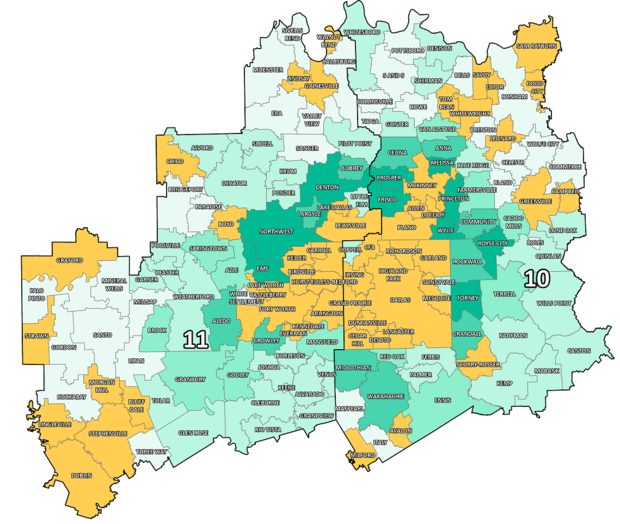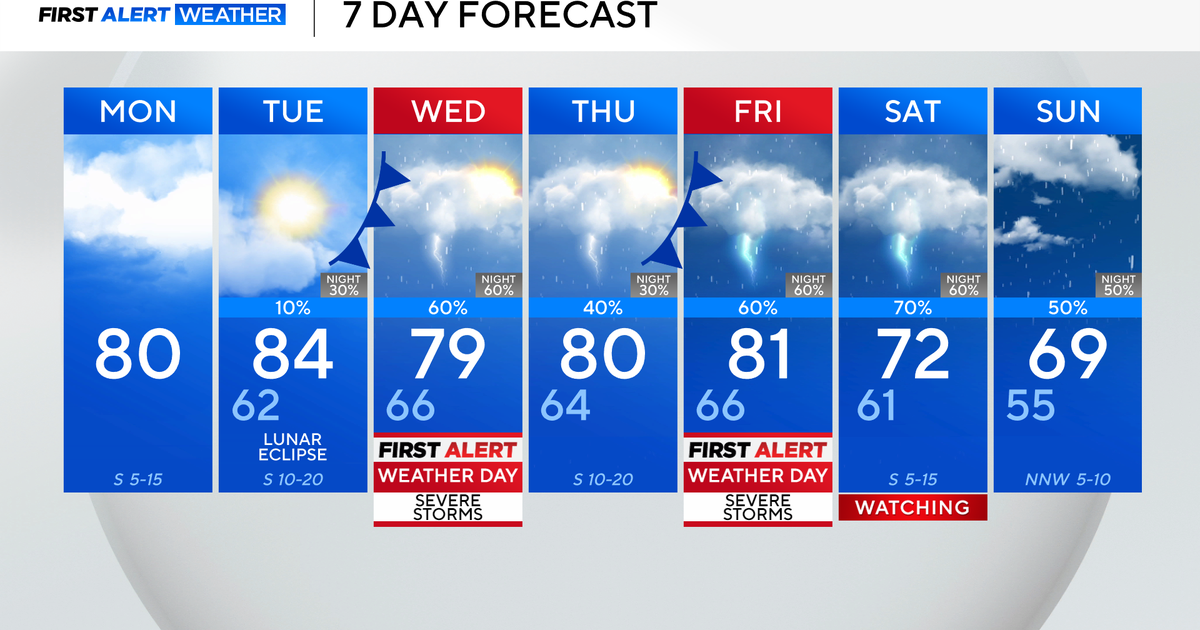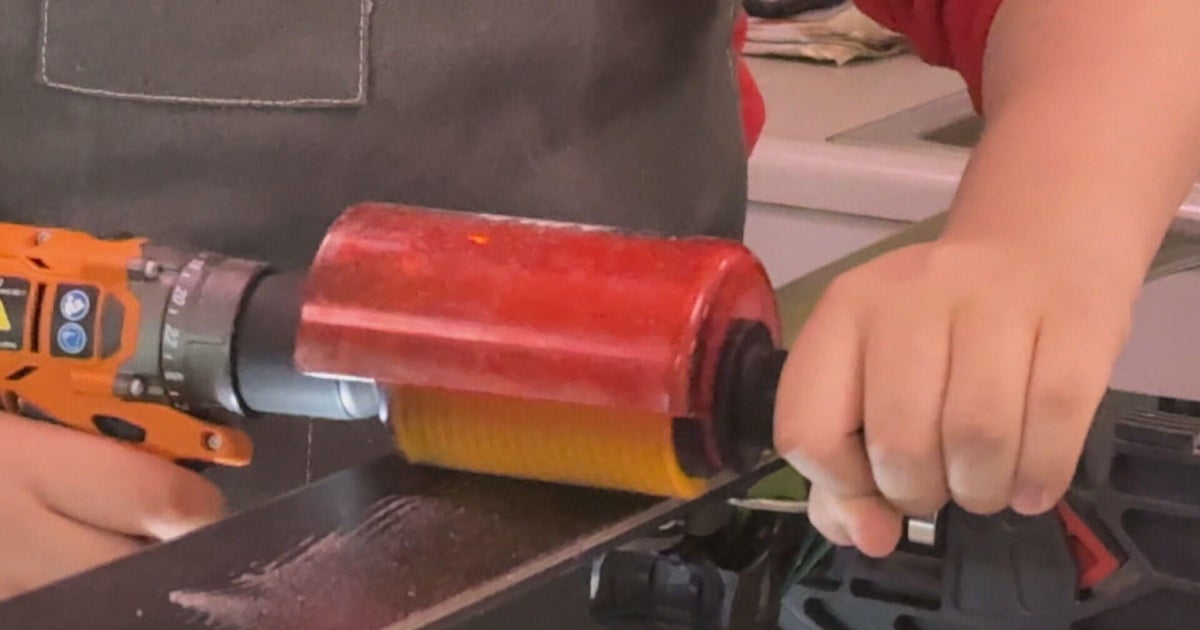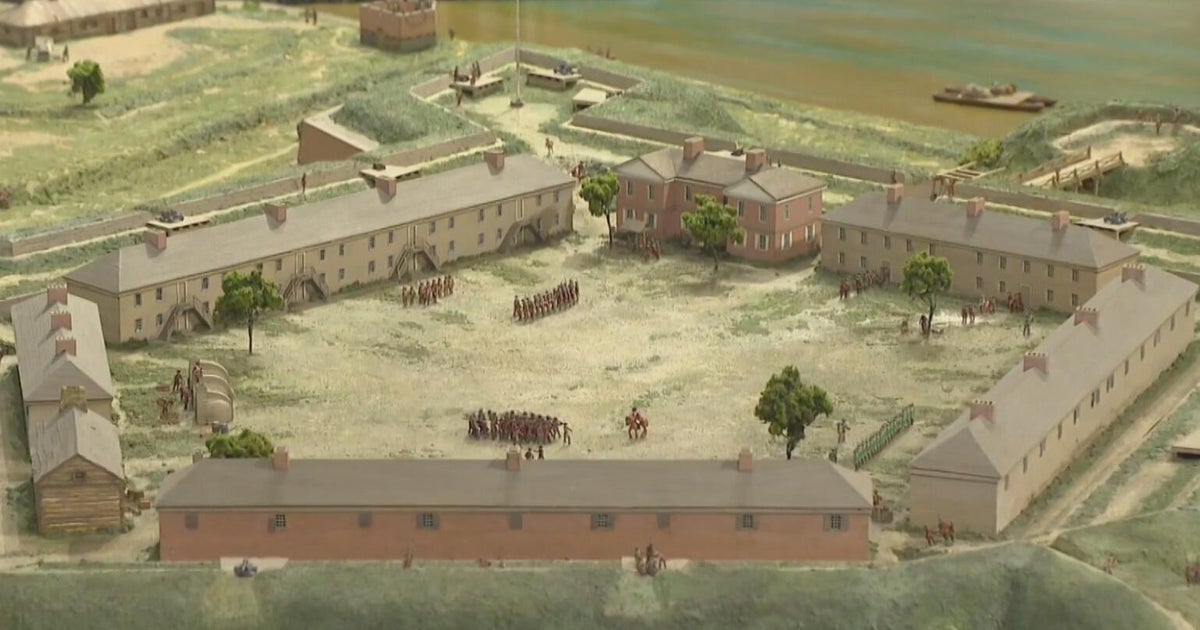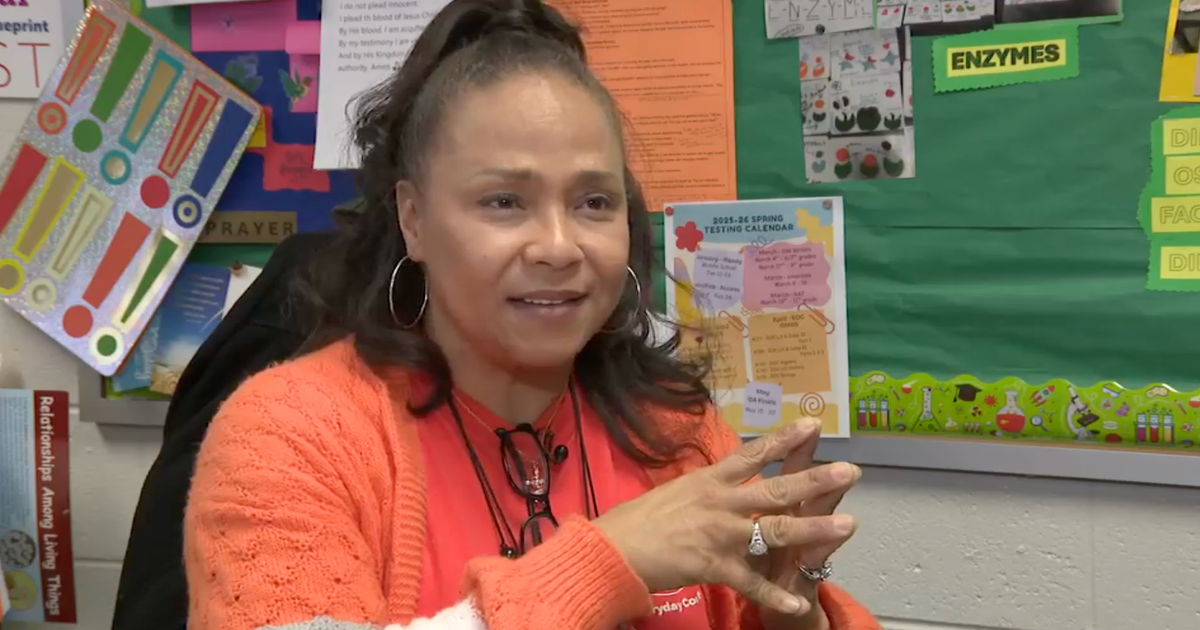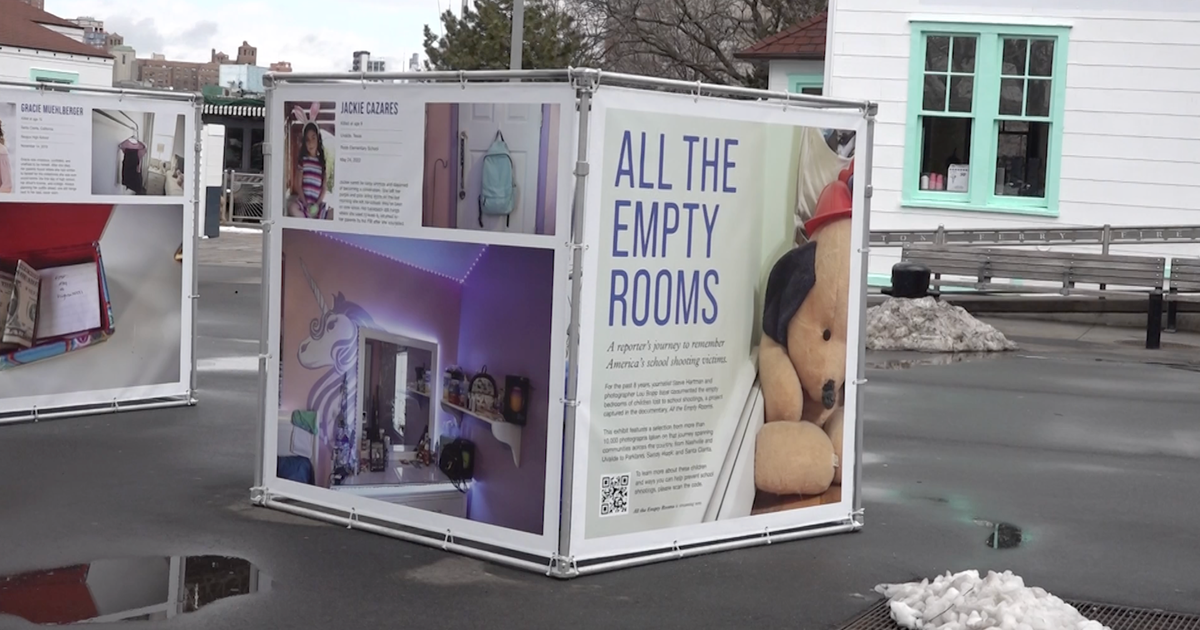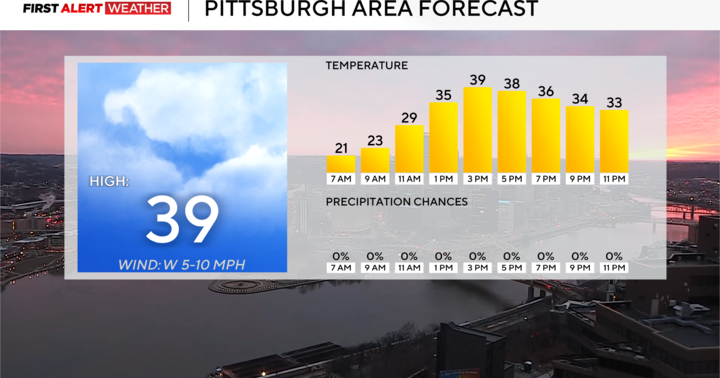Why North Texas school districts are closing schools - and who could be next
NORTH TEXAS — Bob Templeton is a bit of a fortune teller.
As a demographer at Zonda Education working for local school districts, it's his job to predict how many students they can expect each year.
And, lately?
"This is bad news. This is difficult news," he said.
Texas may be booming, but that doesn't spare its schools from what's happening nationwide.
"Even the fastest-growing states in the country are seeing enrollment decline," he said.
In North Texas, you can see that decrease in both our urban core and outlying rural areas.
"Dallas ISD, Fort Worth ISD, those districts are seeing significant decline," said Templeton.
Other large districts, like Arlington, Garland, Plano, and Grand Prairie, are seeing fewer students, too.
In smaller suburbs, though, forming a ring around the metroplex, especially those to the north, it's a different story.
"They're the areas where we're seeing the most new single-family homes," he said. "It's that band across Celina, Prosper, and when you go to the Dallas side, it's going to be like Anna, Melissa."
In these districts of growth, housing is more easily available and more affordable. With the growth of remote work, people have also become more willing to move farther out, pulling students from larger districts in the process.
"Now the commute isn't thought of as a daily commute, it's thought of as a weekly commute because many times these workers are able to go into the office one to two times a week," said Templeton.
Northwest ISD, an area averaging 2,800 new single-family homes each year, now holds the title of the fastest-growing school district in the state.
Meanwhile, Frisco ISD, which held the title not long ago, has seen its growth stall, putting it at risk of soon being in the same boat as neighboring districts.
There's no one single reason for the overall drop in school district enrollment.
It is in many ways a reflection of major shifts in our way of life. For one, many Americans are waiting longer to have children.
"They're making some of those big life decisions much later," said Templeton. "Many of them are later to get their driver's license, they're later to start dating… which pushes back marriage, which pushes back when you have kids…"
When they do have kids, if they have kids, they're having fewer, which means there are fewer overall to send to school.
And when those children graduate, well, empty nesters aren't downsizing like they used to.
"Parents would sell and relocate. We're seeing much, much less than that. Folks are staying put much longer," said Templeton.
That, in turn, is making it harder for young people to find a house in communities that once attracted a lot of families, especially those where there's little room left to build.
"The Planos, the Richardsons, the Keller ISDs… part of their issue is they're aging out. They really need those neighborhoods to turn over, to regenerate so they can see some younger families," said Templeton.
Public school districts are also facing more competition for students within their bounds.
It's not so much from private schools, Templeton says, as from the expansion of charter schools and, more recently, homeschooling.
That – Templeton says – has come as a direct result of the pandemic.
"Homeschool resources went crazy, expanded threefold, and we have seen homeschool numbers literally triple across the country in the last four to five years," said Templeton.
With public school revenue tied directly to attendance, fewer students mean fewer dollars. The cost of educating them all, though, isn't dropping. "The salaries go up, the utility cost goes up, the insurance cost goes up. All your main components of the budget are always increasing," he said.
Despite the state's record-setting revenue surplus, it hasn't increased funding, amid a dispute over funding private school vouchers.
The only options left for districts in deficit are hard one.
"Closing buildings is truly the only way to make significant reductions to the budget. It takes care of the operational cost and then causes them to redistribute their teaching resources in a more efficient way," said Templeton.
Richardson ISD is closing five campuses, Plano ISD is considering closing four, and Fort Worth ISD has announced one so far.
Templeton says it's just the beginning.
